Promoting young talent at the CISPA Summer School
Promoting young talent at the CISPA Summer School
When the first participants arrive at the CISPA main building in Saarbrücken on Monday morning, hardly anyone would guess that the planning for the summer school began nine months earlier. This involves not only finding a new topic every year, but also developing an attractive program both in terms of content and methodology which will attract prospective participants. This seems to have worked perfectly in 2024, as a total of 52 registrations for the summer school on Usable Security go to illustrate.
While the topic of this year’s summer school was chosen by CISPA-Faculty Professor Dr. Sascha Fahl (see interview), Andrea Ruffing and her team are responsible for organizing it. “The most important thing to consider when planning is interaction”, she says. “We always make sure that, in addition to the lectures, we’re also offering sessions each day where the participants are asked to contribute. This could, for example, involve a flipchart where participants apply sticky notes in preparation for a discussion round, surveys using digital tools or socializing activities.”
The spectrum of participants ranges from students at the end of their bachelor's program to doctoral students. Excellence is an important criterion in the selection process, which is why applicants must submit a CV, a transcript of records and, if available, a list of publications in addition to a letter of motivation. “We want a mix of participants from different countries, as diverse as possible, a participant structure as heterogeneous as possible also in terms of experience”, says Ruffing. To keep the threshold for participation as low as possible, CISPA also provides mobility grants.
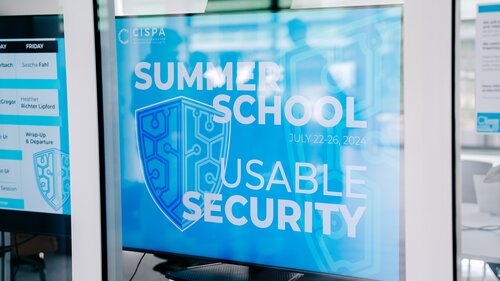
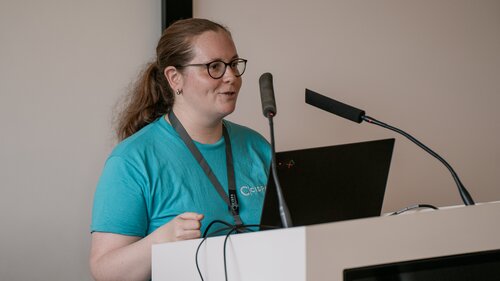
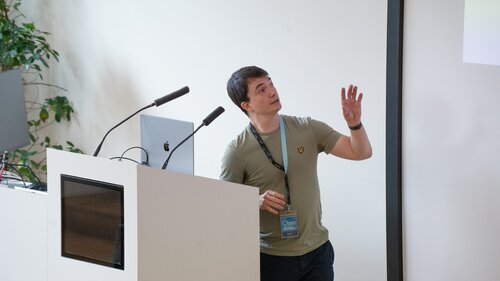
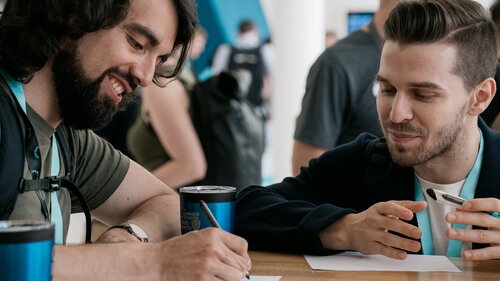
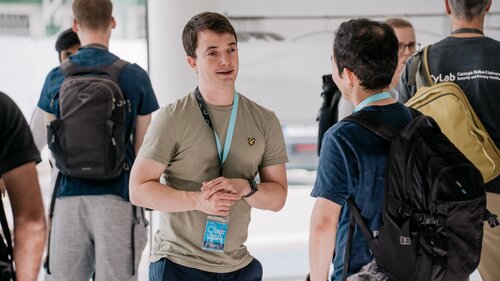
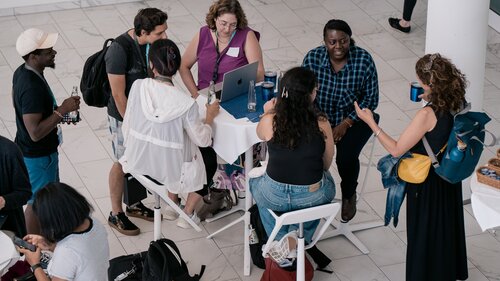
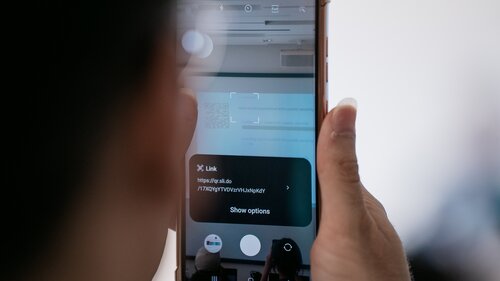
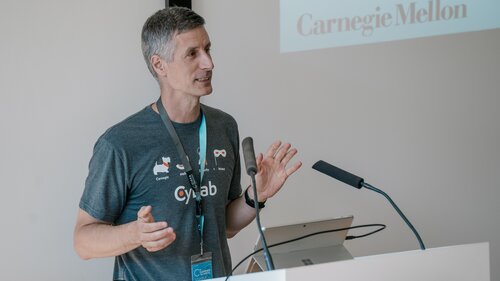
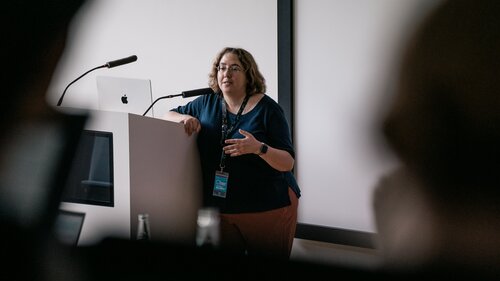
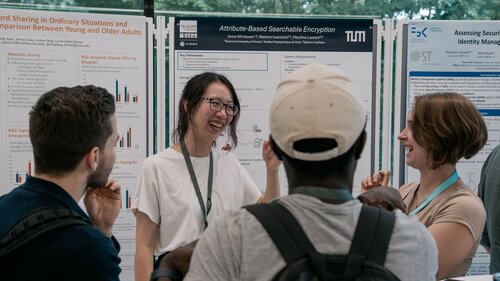
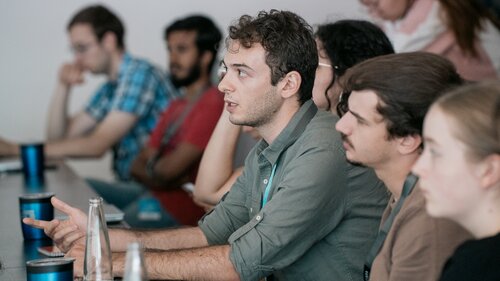
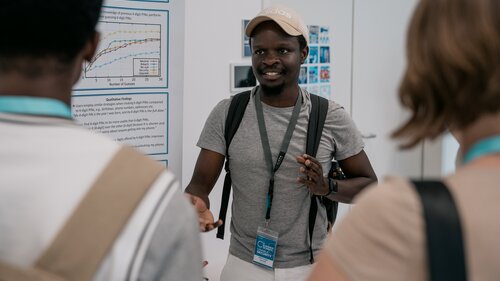
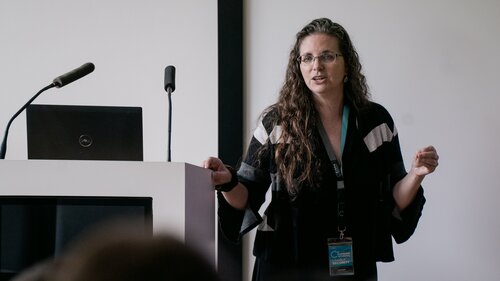
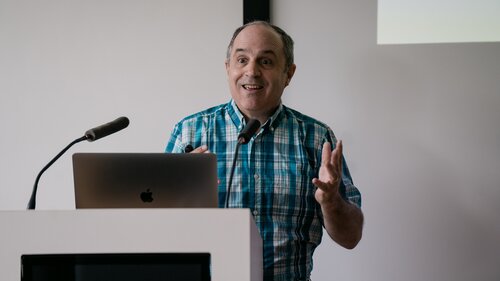
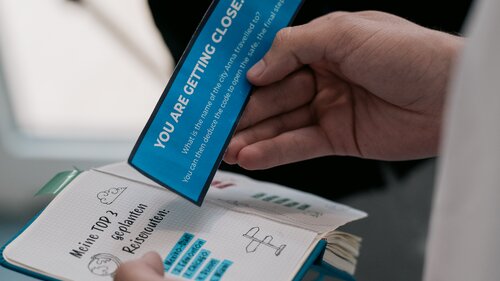
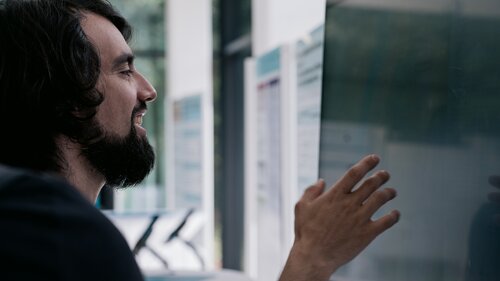
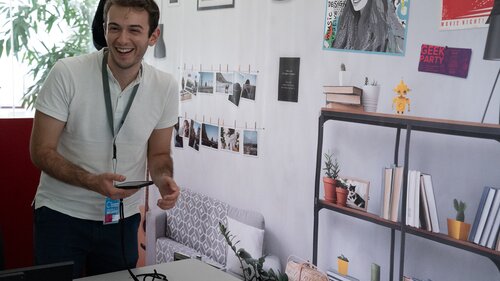
Emmanuel, a student from Ghana who is starting a master's degree in Computer Science at Ruhr University Bochum in the fall, hopes to receive feedback for his research project on digital security and privacy threats in rural Ghana during the summer school. Lars, a Master's student at Saarland University, loves the fact that it's relatively easy to start conversations with other summer school participants. Nyasa, who comes from India, is spending two months at CISPA with the South East Asia Internship Program. In India, “Usable Security” is not yet a well-known field of research, she says: “I am very happy to have gained so many new insights into the subject.”
This year, many of the speakers come from the USA. They are enthusiastic about the summer school format, which is fairly uncommon in the USA. “The great thing about a summer school is that it brings together a large group of students who don't normally work together. When participants see what other students at other universities in other countries are researching, it's very inspiring”, says Lujo Bauer from Carnegie Mellon University.
The last day of the summer school shows that a real sense of community has developed among the participants over the five days they spent together. It seems certain that the paths of many of the participants will cross again in one way or another. Not only have friendships been formed, but also new professional networks and inspirations for research. For the team, the time has come to find some peace and quiet after a busy week. But first, an evaluation has to be done: after the summer school is before the summer school. The feedback of this year’s participants always gives rise to new ideas for next year’s summer school.
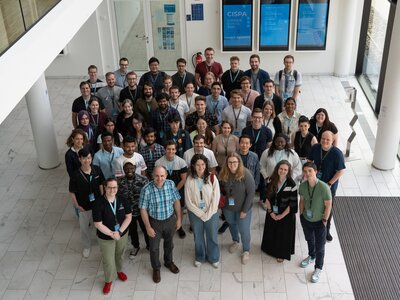
©Felix Koltermann